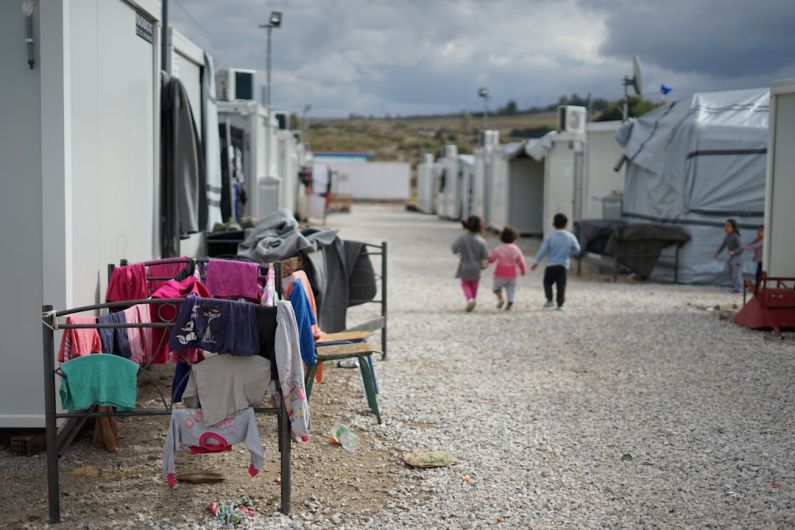Donating Blood: the Gift of Life
Every year, millions of lives are saved through the selfless act of blood donation. Donating blood is a simple yet powerful way to contribute to the well-being of others. It is a gift that can truly make a difference in someone’s life. In this article, we will explore the importance of blood donation and how it can impact both the donor and the recipient.
The Need for Blood
Blood is a vital resource that cannot be manufactured or synthesized. It is essential for medical procedures, emergency surgeries, and treating various diseases. However, the demand for blood often exceeds the supply. According to the World Health Organization (WHO), blood shortages are a major concern worldwide. This shortage can lead to delays in critical treatments and even loss of life. By donating blood, you are helping to bridge this gap and ensure that patients receive the life-saving transfusions they need.
Saving Lives
One blood donation can save up to three lives. This astonishing fact highlights the impact that a single act of generosity can have. Blood transfusions are commonly used in the treatment of accident victims, cancer patients, and those undergoing major surgeries. By donating blood, you are directly contributing to the recovery and survival of these individuals. It is a gift that can truly make a life-changing difference.
Health Benefits for Donors
Donating blood not only benefits the recipient but also the donor. Regular blood donation can have several positive effects on the donor’s health. It stimulates the production of new blood cells, which helps in maintaining good health. It also helps in reducing the risk of heart disease and certain types of cancers. Additionally, blood donation can help in identifying potential health issues through the pre-donation screening process. This can be crucial in detecting diseases early and seeking appropriate medical attention.
The Process of Donating Blood
The process of donating blood is simple and safe. It begins with a screening process to ensure that the donor is eligible to donate. This includes checking vital signs, conducting a brief medical history interview, and testing for infections or diseases. Once cleared, the donor is ready for the actual donation. A small needle is inserted into a vein, and approximately one pint of blood is collected. The entire process usually takes less than an hour, and the donor is closely monitored throughout to ensure their well-being.
Who Can Donate?
Anyone who is in good health, at least 17 years old, and meets the weight requirements can donate blood. It is important to note that certain medical conditions or lifestyle choices may disqualify someone from donating. However, it is always encouraged to check with the local blood bank or donation center for specific eligibility criteria.
The Importance of Regular Donations
While donating blood once is commendable, regular donations are crucial for maintaining an adequate blood supply. Blood has a limited shelf life, and the demand is constant. By becoming a regular donor, you can ensure a stable supply of blood for those in need. Regular donations also allow for the screening of potential health issues and provide an opportunity for donors to make a long-term impact on the lives of others.
Conclusion
Donating blood is a selfless act that can save lives and improve the health of both the donor and the recipient. It is a gift that costs nothing but has immeasurable value. By taking a small amount of time out of your day to donate blood, you are giving someone the gift of life. So, consider becoming a blood donor and make a lasting impact on the world.






